PlusPack is at the forefront of innovation in the world of plastic packaging, providing cutting-edge solutions that cater to both flexibility and sustainability. Their products are designed to meet modern demands, such as packaging fresh meat or creating microwaveable meals, demonstrating their versatility. This innovative approach positions them as a leader in the packaging industry.
Through continuous advancements, PlusPack offers food packaging that not only satisfies practical needs but also addresses environmental concerns. They emphasise using materials like polypropylene (PP) and recyclable options such as rPET, which contain up to 85% recycled content. By focusing on recyclable materials, PlusPack contributes to a circular economy, promoting sustainability while ensuring high-quality packaging solutions.
PlusPack's commitment to sustainability also enhances its appeal to businesses seeking to align with eco-friendly practices. They provide customised solutions that adapt to specific needs, ensuring that their packaging not only meets design expectations but also supports environmental goals. This dedication to combining functionality with environmental responsibility highlights PlusPack's pivotal role in shaping the future of packaging.
Advancements in Plastic Food Packaging
Advancements in plastic food packaging are focused on improving sustainability, adhering to new standards, designing innovative packaging, and engaging consumers. These changes aim to address environmental concerns and enhance consumer experiences with packaging solutions.
Sustainability Initiatives
PlusPack is at the forefront of sustainability in plastic packaging by making smart choices in material usage and design. They advocate for reducing waste through recyclable and biodegradable packaging options. This not only diminishes environmental impact but also meets increasing consumer demand for eco-friendly solutions.
Innovative materials like bioplastics are being explored for their lower carbon footprint. These materials are designed to decompose faster than traditional plastics, reducing their presence in landfills.
Sustainability is built into the design process, ensuring that every phase, from manufacture to disposal, considers environmental impact.
Regulatory and Industry Standards
Food packaging companies, including PlusPack, must comply with stringent regulatory standards to ensure safety and quality. These laws encompass the use of non-toxic materials and require thorough testing to safeguard consumer health.
Industry standards promote best practices. These guidelines enable manufacturers to meet international requirements, fostering trust and reliability among consumers.
PlusPack and other industry leaders continue to adapt to evolving standards, driving innovation in packaging while prioritising safety and compliance.
Innovations in Packaging Design
Innovations in packaging design focus on functionality and visual appeal. PlusPack develops packaging that extends shelf life and maintains food quality, addressing challenges like contamination and spoilage.
Advanced designs use materials that create effective barriers against moisture, odours, and light. Packaging is also optimised for convenience, offering features such as resealable closures and compartments. These designs improve user experience while ensuring the practicality of food packaging solutions.
Consumer Engagement and Education
Educating consumers about the benefits and proper disposal of plastic packaging is vital.
PlusPack invests in awareness campaigns to inform consumers about recycling and the environmental impact of their packaging choices.
Consumer engagement strategies focus on transparency. They provide clear information on recycling and the materials used in packaging.
By empowering consumers with knowledge, companies like PlusPack foster responsible behaviour and enhance public perception of plastic packaging in the food industry.
